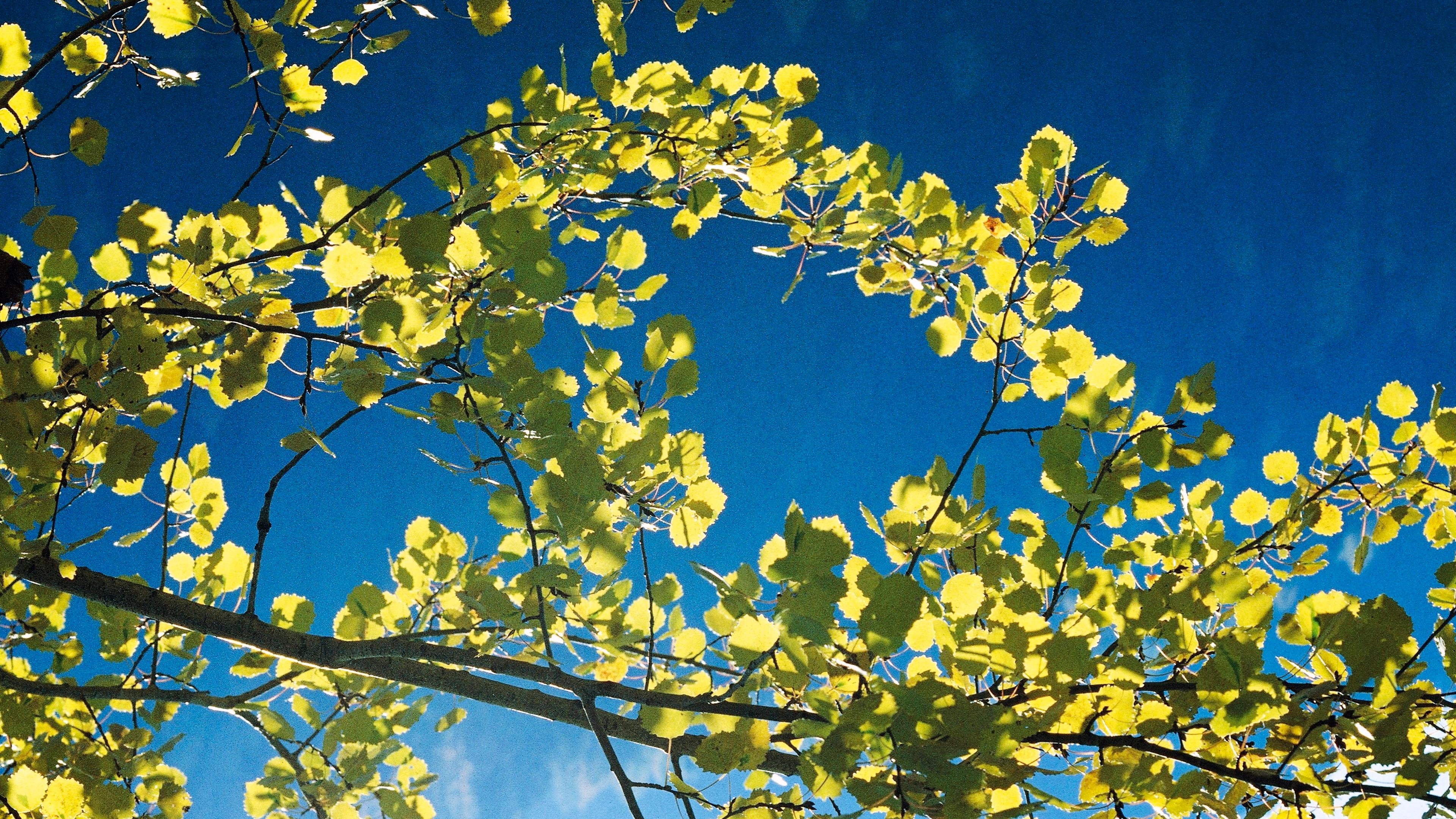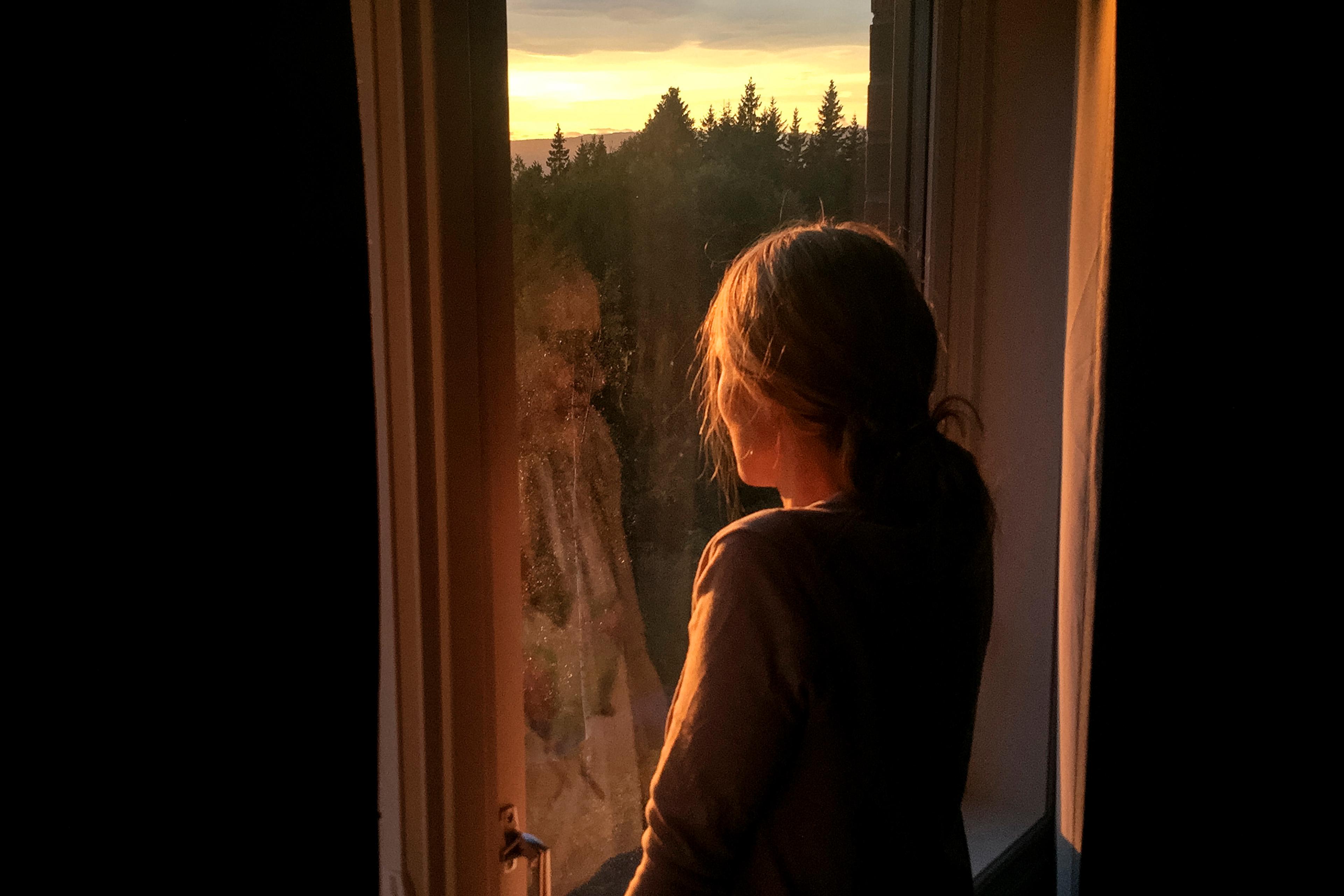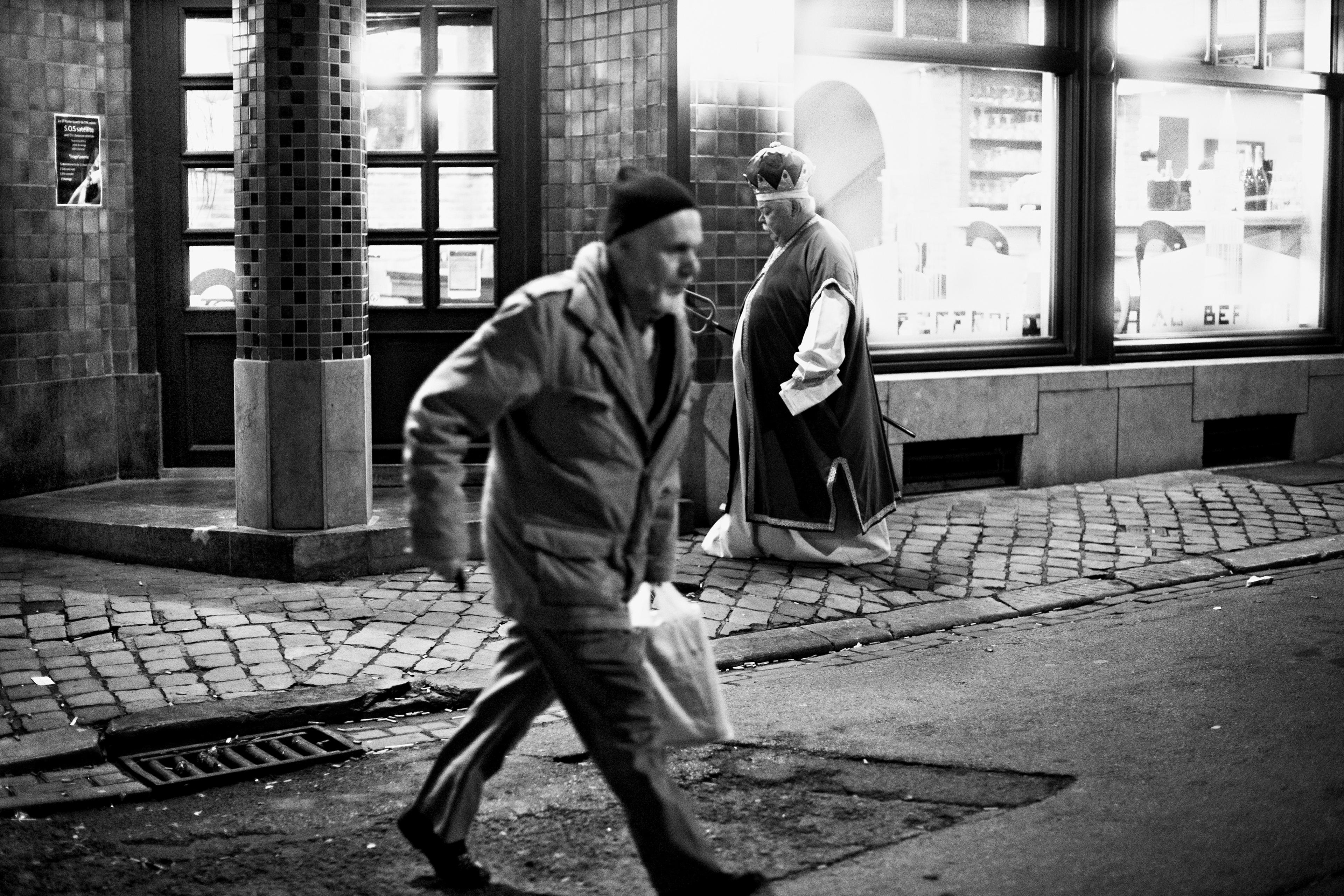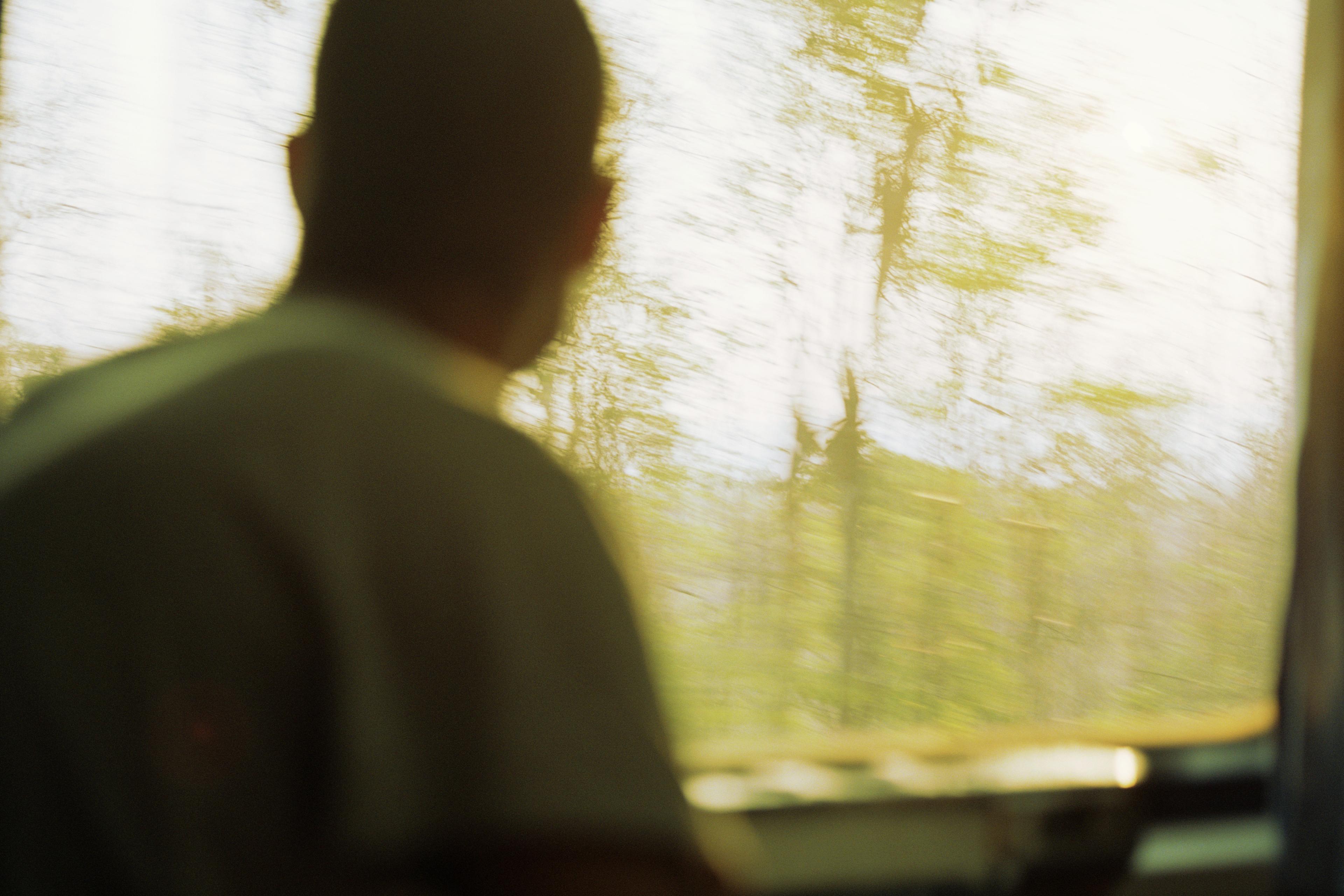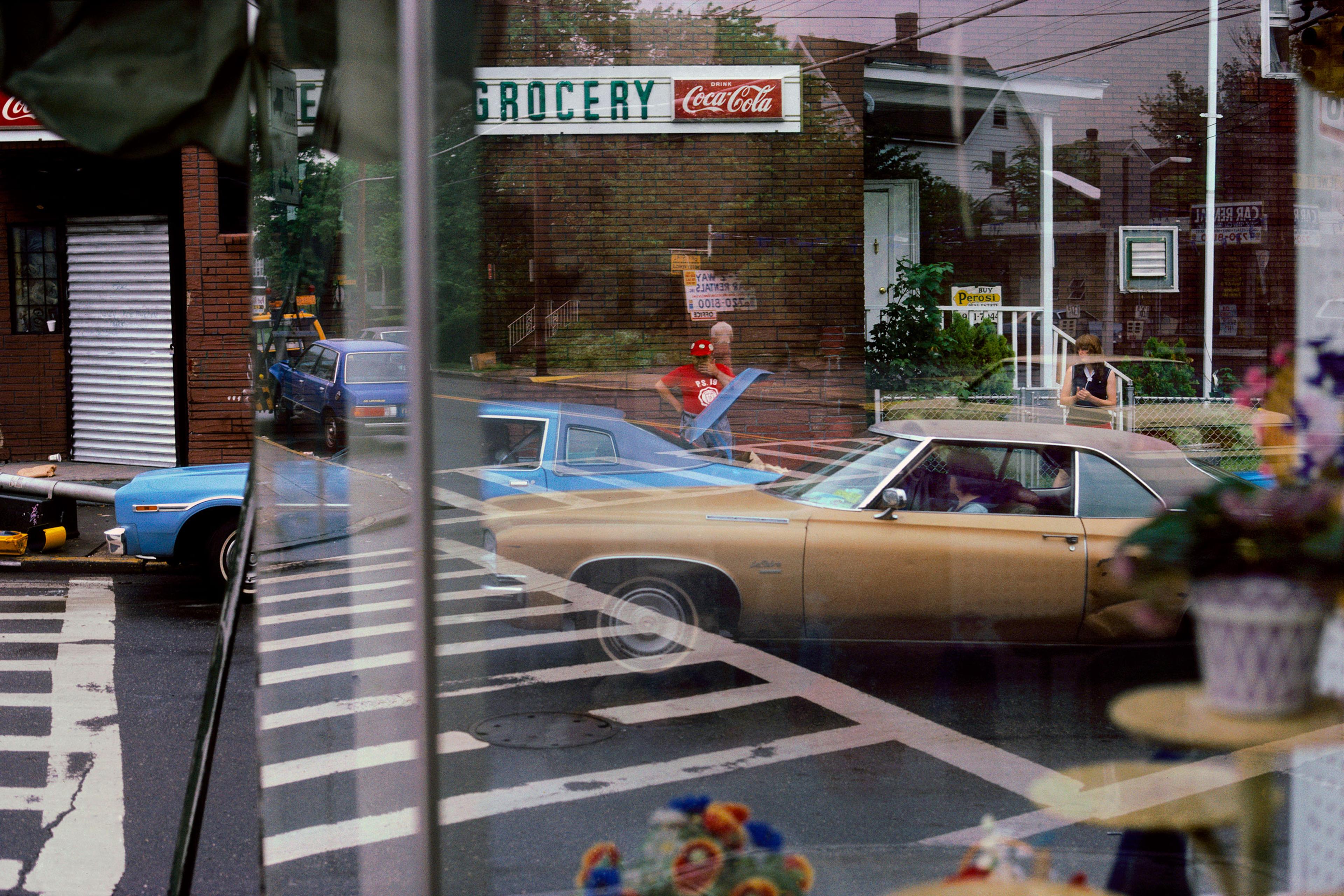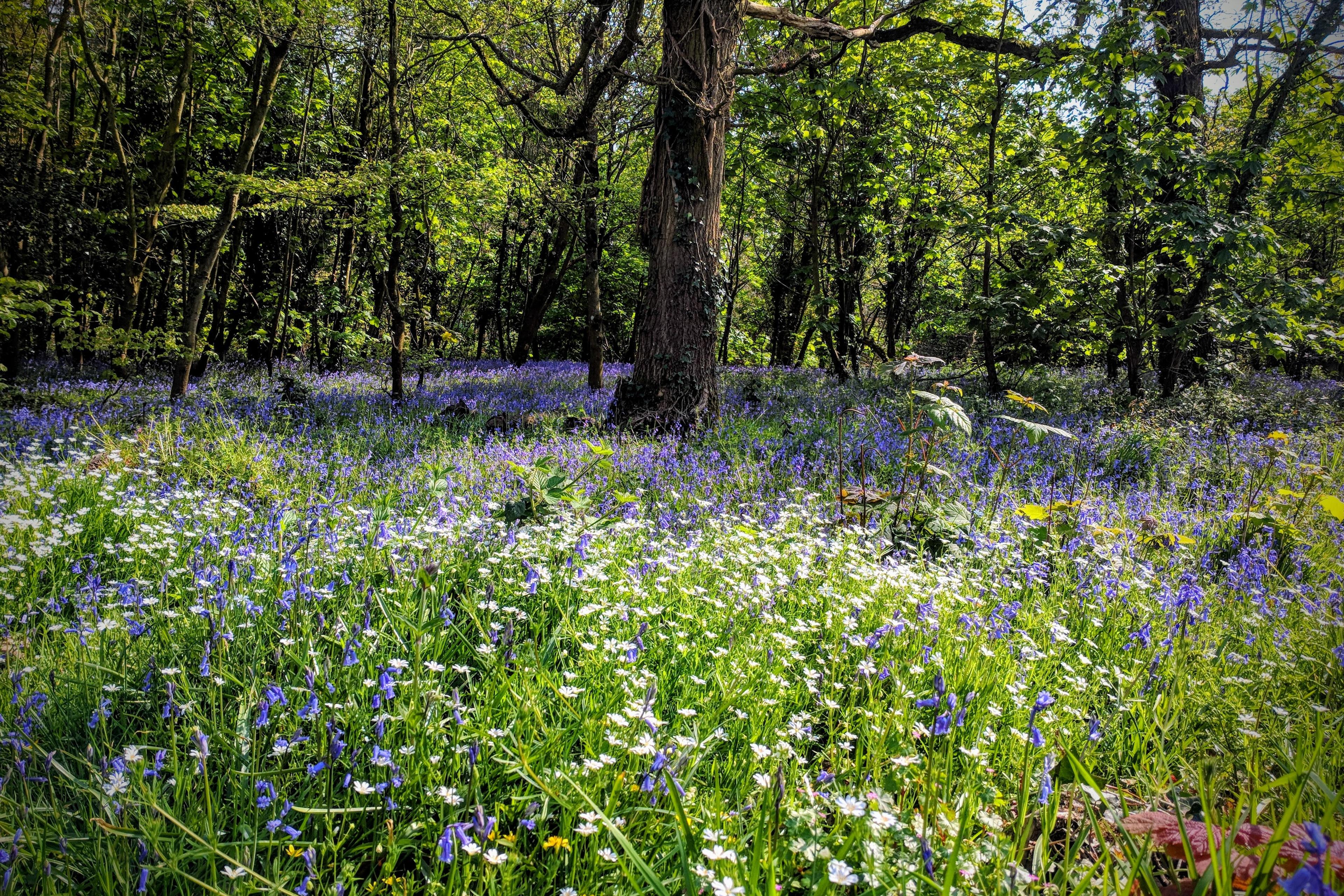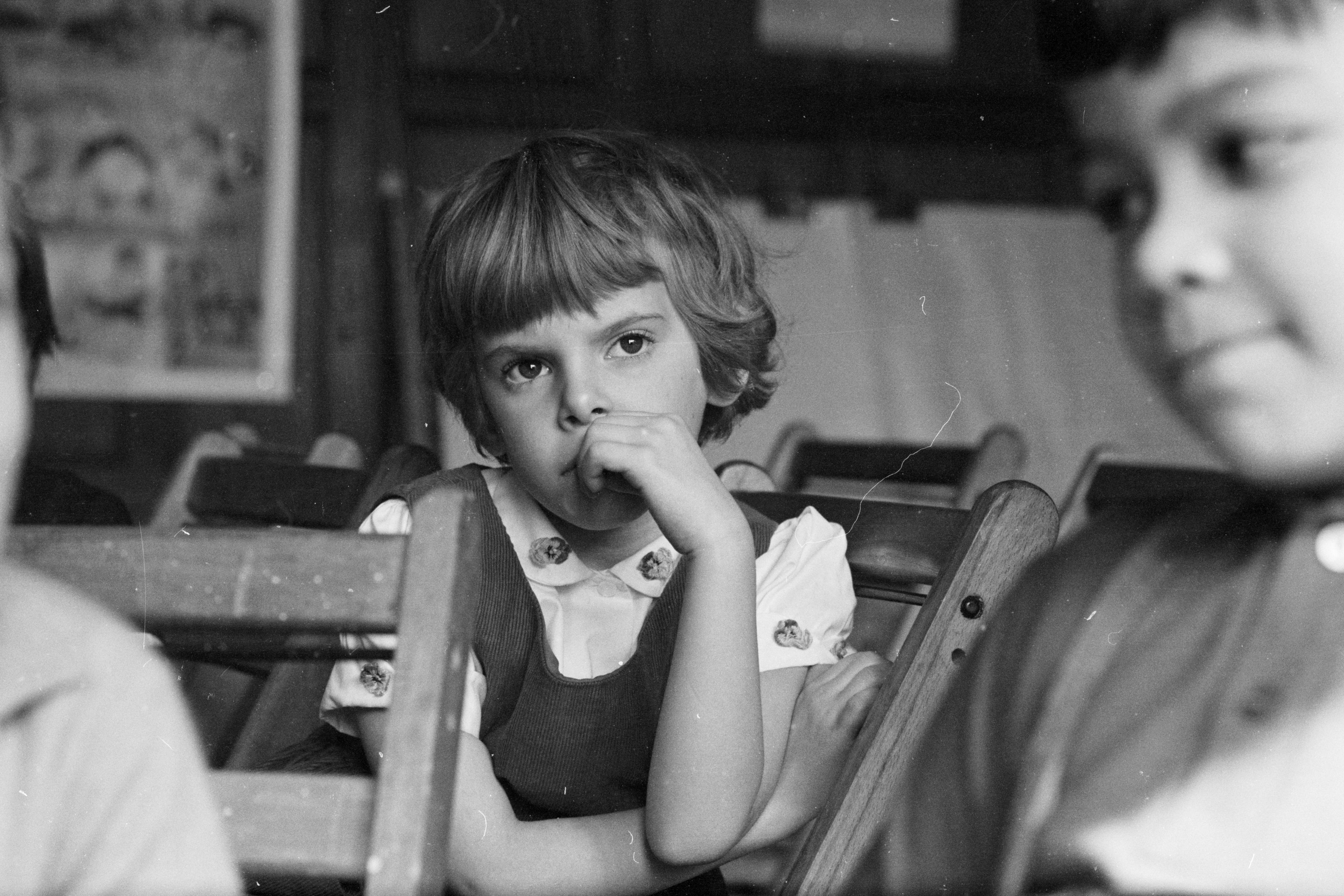‘It is!’ exclaims Samuel Taylor Coleridge in his essay ‘The Friend’, struck with awe by the sheer existence of things – be it a person, a flower, or even a grain of sand. The particular forms of existence – person, flower, sand – point to a silent, but wondrous fact that they share: they are.
Coleridge is not alone in describing this strange wonder, nor is he the first. Plato thought that philosophy begins with profound wonder at being. Ludwig Wittgenstein spoke of the wonder at the fact that anything exists at all as central for the good life. And the Czech phenomenologist Jan Patočka described the capacity to wonder at the fact ‘that we are at all and that the world is’ as a sign of ‘a spiritual person’, someone for whom the human life remains an open question.
For those who haven’t experienced it, Patočka’s description of a wonder that doesn’t discover anything new might seem odd. Typically, wonder is directed towards the novel and the unusual: the new Guinness World Record, an emotion we had never experienced before, an impressive artwork, the latest gadget. The list of the remarkable, the curious and the astonishing is endless. But Coleridge’s, Wittgenstein’s and Patočka’s wonder is different: what is most ordinary suddenly looks like a profound mystery. We are taken by the quiet realisation that ‘we are at all and that the world is’, that ‘everything is’. Martin Heidegger calls this a wonder at the most usual unusual: ‘In wonder, what is most usual of all and in all, ie, everything, becomes the most unusual … in this one respect: that it is what it is.’
This is not about the Universe coming into existence – after all the Big Bang is as unusual and extraordinary as it can get. Instead, what lights up is the fact that things are present and meaningful to us, ‘that things appear to us’ in Patočka’s words. To experience wonder at the being of things is to experience wonder at the fact that we make sense of them. When we are in the park, we do not perceive green and brown patches in our visual field; instead, we perceive a tree, which stands meaningfully before us and, as it were, says to us ‘I am’. How we move from raw sense data to present entities is a puzzle that Socrates and the young Theaetetus discuss in a Platonic dialogue: unlike what we see with our eyes and hear with our ears, there is no sense organ to perceive that something is. Instead, they suggest, it is the soul itself that perceives what all things share.
We can only perceive through the soul by being in the right mood, as here it is not only our senses but also our mind and heart that is involved. Some people make such appreciation of being into a way of life, like Hirayama – the protagonist of Wim Wenders’ recent film Perfect Days (2023), portrayed by Koji Yakusho. A public toilet cleaner in Tokyo, his daily life is simple but meaningful, reminding us that a happy life can be an ordinary life lived well. From an external perspective, there is nothing to envy about Hirayama’s life: his flat is tiny, his job is unattractive to most of us, his morning coffee is a can from a dispenser. Every day is pretty much the same: he wakes up, folds his bedding, waters his plants, and drives to the public toilets he is scheduled to clean. Yet watering his saplings comes with a nourishing sense of care and cleaning the toilets comes with a sense of pride. Every day is the same, but every day is special because it is lived in a way that takes it all in, like the deep breath he takes in every morning in his doorway before he heads to work.
Preparing for wonder requires taking a distance from searching for the next hype
Living in the present allows Hirayama to experience things as present, to experience them as partaking in existence. During his daily lunches, he wonders at a nearby tree not because of any special or unusual traits it has, but in response to its sheer presence. In this we can imagine him agreeing with Wittgenstein who writes that when he thinks about ‘how extraordinary [it is] that anything should exist’, he does not wonder ‘at the sky being blue as opposed to the case when it’s clouded’. He is ‘wondering at the sky being whatever it is’.
But lives like Hirayama’s are rare. Most of us only occasionally become attuned to being. Can we do anything to prepare for this kind of wonder? As it often happens, it is easier to start with what we can avoid doing. Heidegger identifies as the great enemy of experiencing the ‘wonder of all wonders’ the modern ‘intoxication with lived experience’. Preparing for a wonder that ‘no longer adheres to this or that’ requires taking a distance from searching for the next hype and new experiences. It also requires leaving our narrow concerns with ‘this’ or ‘that’ aside. How do we do this?
There is no easy recipe, but Heidegger and Wittgenstein offer some examples of what this can look like. They both think that being in nature is one way to facilitate wondrous experiences of meaningfulness. Heidegger describes being ‘lost in perception of the blue sky and the lark’s song’ while lying in the meadow, and Wittgenstein gives the example of taking a walk on a beautiful summer day, looking at the blue sky. Putting us into a meditative state of mind, being in nature sometimes helps us step away from our everyday preoccupations and appreciate existence more fully. This is not the only context in which we tend to put aside our daily concerns. Artworks sometimes make a similar claim on us, by absorbing us in their presence and guiding us away from ourselves. Or, in religious contexts, praying can be a way of cultivating attention away from our narrow interests and towards something greater than us.
Why should such moments of profound wonder, fleeting and rare as they are, deserve our attention? Why should we try to make more space for experiences of meaningful presence in our lives? Wittgenstein and Patočka suggest that these can contribute to the good life, or at least to a better one.
Psychotherapy works by opening new contexts of meaning to interpret who we are
That things are meaningful to humans sounds as mysterious as it sounds mundane. On the one hand, this is inherent to our human condition: our lives are saturated with meaning. Although this can go unnoticed most of the time, everything we perceive always already presents itself as what it is and that it is. As Heidegger reminds us, we rarely hear bare sounds; instead, we hear a door creak, a cry for help, or a cat’s meow. To hear a bare sound, we must actively disconnect from the web of meanings that have spontaneously shaped our perceptions. This is why the object of this wonder is, in some sense, the most usual.
But the fact that sense is given does not mean that we passively drift along in pre-set contexts of meaning. Seeing things in meaning is not just a deterministic trait of our condition, but also a skill in which we can get better. In other words, the fact that things make sense to us so effortlessly means that we also have the capacity to make more sense or better sense of them. When we do, we open new possibilities for our individual lives. This is how psychotherapy often works: by opening new contexts of meaning to interpret who we are and how we relate to others, it enables different kinds of emotions, relationships and choices. This capacity that brings the world to life for each one of us is what makes the object of this wonder the most unusual.
Wonder at existence can foster a unique kind of optimism, one that does not arise from any specific positive prospect, but from the realisation that we are inherently sense-makers. Although we may never fully understand why and how meaningfulness arose, rare moments of profound wonder make the sheer existence of the world present to us and us more present to ourselves.
